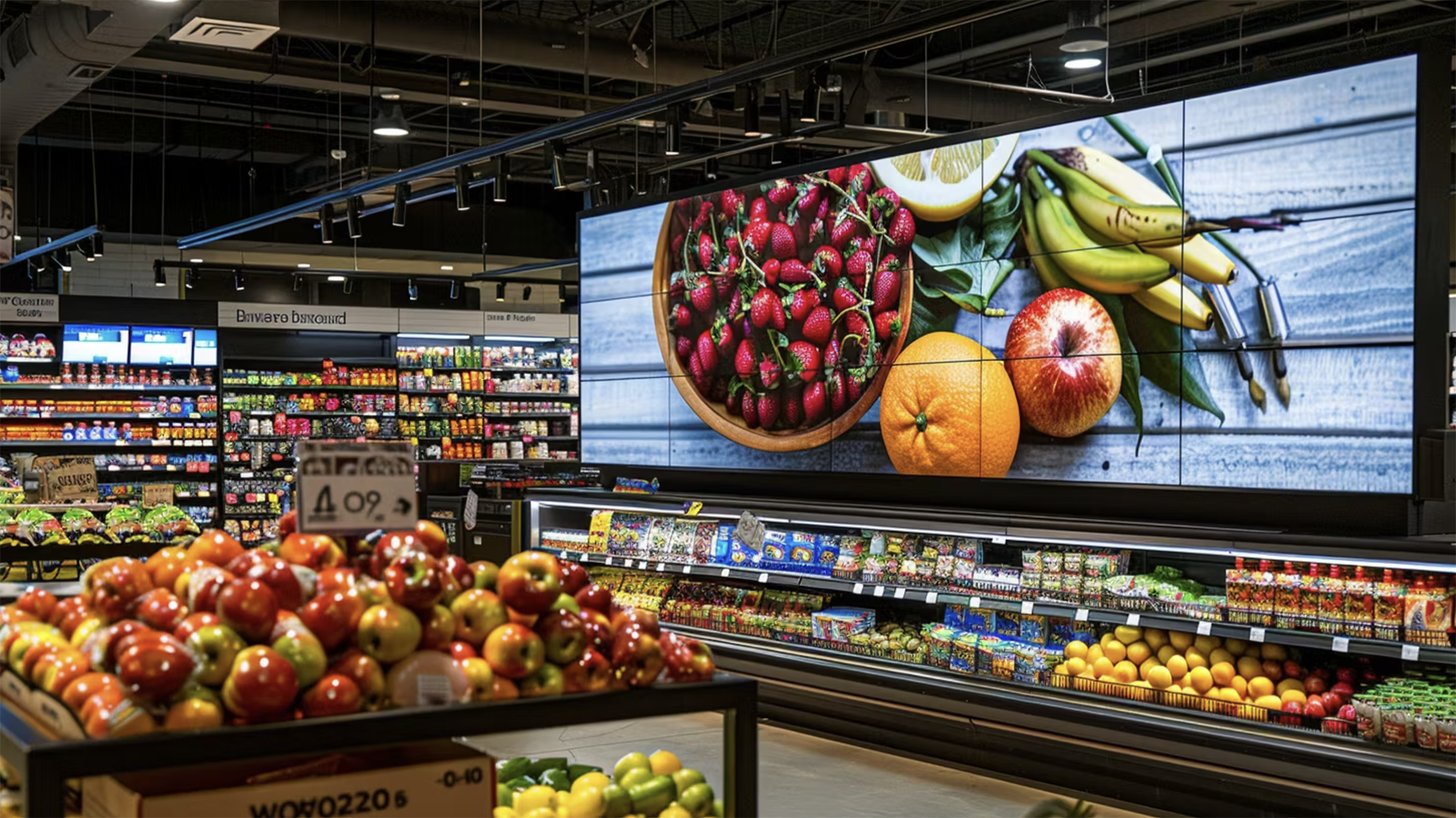Closing the Waste Loop: 8 Ways Grocers Can Revolutionize Recycling

At A Glance
- Grocers can use recycling as a differentiator while reducing waste disposal costs.
- Grocers can maximize profitability by creating additional revenue streams through sustainable practices.
- Increased loyalty and sales growth can be facilitated through consumer-focused training.
- Below are 8 strategies to encourage employee and consumer recycling participation.
Waste is a monumental problem that plagues the world. Grocery stores have a unique opportunity to address this problem by implementing recycling programs and finding ways to repurpose and reduce waste.
In the US, retail stores generate 16 billion pounds of waste yearly and 82 million tons of food containers and packaging annually, and grocers are a significant contributor. Alarming as the numbers are, fortunately, most waste is recyclable and compostable.
The recycling industry is poised to grow significantly due to increased awareness about the harmful disruptions in ecology and the US administration's focus on regulations directed towards Extended Producer Responsibility. It's a policy that assigns responsibility operationally or financially towards end-of-life products to the producers.
Grocers play a crucial role as essential providers of necessities. Adopting recycling initiatives can provide multiple benefits, such as minimizing waste in landfills, complying with regulations, reducing waste disposal costs, and generating newer revenue streams by selling upcycled products. IBIS World reports that the recycling industry will be worth $10.2 billion in 2023. Establishing recycling as a medium of driving revenues for grocers and increasing sales needs a behavioral shift in consumer preferences towards food upcycling, banning single-use plastic, volunteering towards recycling initiatives, composting, and partnering with recycling companies.
Greening Grocers: Strategies to Incentivize Recycling
The article highlights strategies for grocers to incentivize recycling and build a sustainable environment that promotes reuse and recycling.
Processing Waste: Understanding the amount and composition of waste a grocer generates is essential to identifying the areas where grocers can implement recycling programs. After assessing the waste audit conducted by professionals, parameters for a result-oriented recycling program are ascertained. For help identifying companies specializing in recycling and waste audits, be sure to check out "Recycling Transformation: 6 Companies at the Forefront of Reducing Waste."
Benefitting Recycling Partnerships: The collection, sortation, and recycling of waste must be practical and hassle-free, seamlessly unburdening grocers of their waste. Partnering with recycling companies will help ensure a well-regulated waste management process by overseeing an effective logistic system transporting waste timely and at a designated location, ensuring regulation compliance, and implementing pick-up procedures that streamline the waste management process for grocers.
Watchful Eye: Once implemented, the recycling initiatives should have a monitoring team that can evaluate the program's value and has metrics in place to assess recycled content and its impact on reducing carbon emissions. Communication is vital. If translated to shoppers, data that supports reduced carbon emissions will promote long-term program sustainability.
Driving Awareness: Community-building programs at grocery stores are a powerful medium to encourage consumer recycling efforts, driving behavioral changes towards sustainable consumption. Providing educational materials in the form of flyers and posters will help build awareness and promote the importance of recycling.
Imperfect Edibles: Grocery stores generate two million tons of food waste annually. Cosmetic blemishes, shelf-life unpredictability, or overstocking are factors driving food waste. The upcycled food industry is worth $46.7 billion and is seeing a 5% year-over-year growth. Food waste generated upstream can be an alternative revenue source for grocers by processing the waste into products such as edibles, pet treats, and beverages. Discover disruptors in this space at "Savior Grocers: 6 Companies Upcycling Wasted Food."
Driving Shopper's Preferences: 75.8% of all digital grocery sales are through grocer websites, reports Grocery Doppio in its "February 2023: State of Digital Grocery Performance Scorecard." Launching a separate section on the grocer's websites for sustainable and upcycled products that communicate the carbon cost of recycling initiatives, a weekly quiz themed around expiration dates, recycling quickies around single-use plastic, and grocers' mission towards zero waste will encourage shoppers towards sustainable recycling. Promoting star shoppers of the monthly quiz online and incentivizing them through promotional discounts can improve digital sales.
Social Media Campaigns: One of the essential aspects of recycling in grocery stores is the training of employees on the types of materials and nature of waste disposal. Ensure adequate training specializing in consumer attitudes and preferences is embedded and institutionalized to bring long-term changes in stores. Promotions on social media channels, testimonials by star employees, and content describing how workers carry out recycling initiatives improve the grocers' brand image and communicate sustainability efforts to the eco-conscious shopper.
Harnessing Technology: AI-powered technology focused on shelf-life predictability, inventory management, and dynamic pricing can substantially reduce generated waste. Grocers can leverage technology to help predict the shelf life of fresh produce, and dynamic pricing solutions can help sell products nearing expiration. Partnering with companies offering these solutions can help reduce waste and save grocers from wasting billions of dollars. Grocery Doppio's "Leading the Way in Food Waste Management" highlights companies offering solutions to grocers for the above problems.
In conclusion, implementing an effective recycling program through community-building efforts, aided technology, and partnering with recycling companies ease logistics and reduce waste for grocery stores. Grocers can also improve their digital sales by leveraging their e-commerce websites and social media campaigns to encourage shoppers to participate in their recycling initiatives, create a positive image for the brand, and drive loyalty, thus increasing sales.


.png)







.png)


